Why Study Engineering Science?
Engineers apply the principles of science and mathematics to develop solutions to technical problems, and their work is the link between scientific discoveries and commercial applications. Starting salaries are among the highest of all college graduates, and employment outlooks are favorable due to growing demand for qualified engineers.
With a combination of liberal arts and general education, plus a rigorous concentration in mathematics, physics, chemistry and basic engineering courses, RCC’s program thoroughly prepares students for transfer to four-year colleges.
School of Science, Technology, Engineering and Math
Real World Ready
Listening to workforce needs
Graduates of Rockland Community College are provided with a clear path to meaningful careers that meet the needs of businesses and industry in the communities we serve. Our students are trained in specific skills that are needed by employers, and guided through a career path that leads directly to workforce opportunities. With affordable tuition, students who begin their college careers at RCC are ready to meet the demands of the real world.
Free Career Exploration Assessment [ACCESS CODE: pathways]
Student Success
At Rockland Community College, you are provided with a Student Success Team that will help you with your academic journey, career exploration, transfer planning, support service referrals, and more! Your Team includes your Dean, Program Director, Faculty Advisor, Student Success Advisor, Connection Center Counselor, Financial Aid Advisor, Peer Mentors, and if you’re involved in any of these special programs, your Athletics, Honors, TRiO, and Veterans Advisors. During your first semester, you will take an ‘Introduction to the School’ course that will outline the various College offices and departments that can help you on your path.
Career Outlook
According to the U.S. Bureau of Labor Statistics, overall engineering employment is expected to grow by 11 percent over the 2008–2018 decade. Most engineers work in office buildings, laboratories or industrial plants, but other settings include construction and oil and gas exploration sites. Numerous high-level executives in government and industry began their careers as engineers.
Job Roles
Biomedical Engineer, Environmental Engineer, Petroleum Engineer, Marine Engineer, and Civil Engineer
Industries
Aerospace, Agriculture, Biomedical, Chemical, Civil, Computer Hardware and Software, Electrical, Environmental, Health and Safety, Electronics, Marine/Naval, Mechanical, Mining and Geological, Petroleum, and Nuclear
Careers
Biomedical Engineer
Civil Engineer
Environmental Engineer
Employment and wage data by occupation are based on the Occupational Employment Statistics (OES) survey, which collects information from approximately 51,000 businesses. labor.ny.gov
Alumni Spotlight
Get Started Today
Rockland Community College, State University of New York, offers a safe, supportive learning environment for thousands of students from diverse backgrounds. RCC has become the “first choice” for parents and students. Thanks to our affordable tuition, students can save $100,000 on a college education by starting at RCC and transferring to outstanding four-year colleges.

